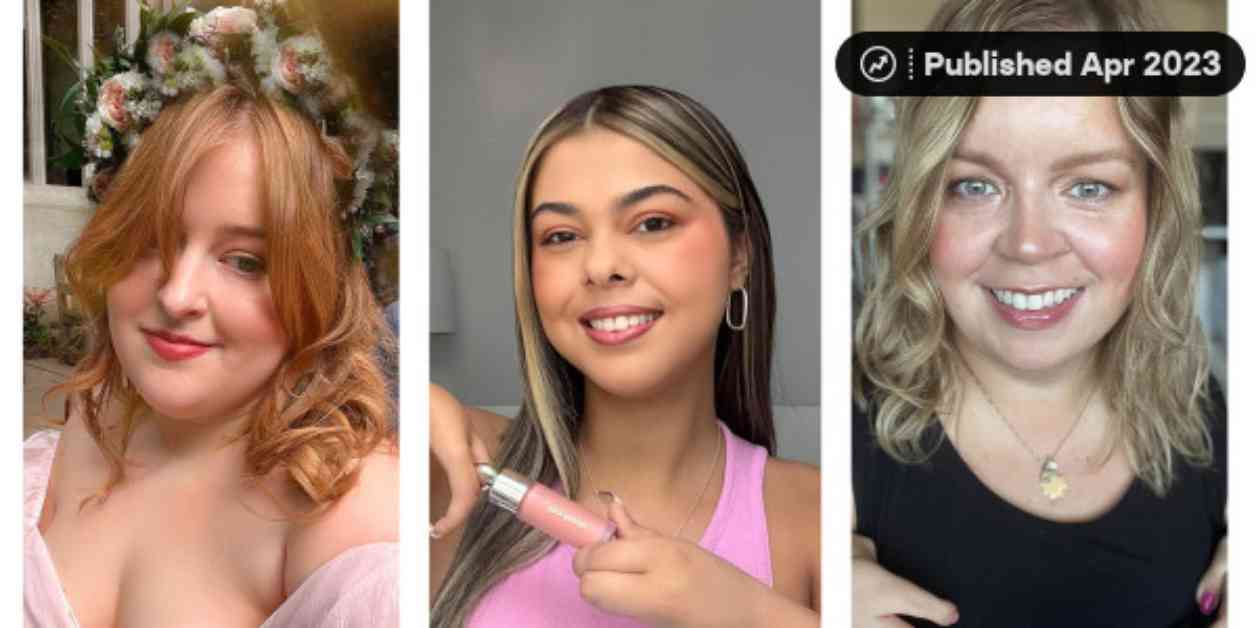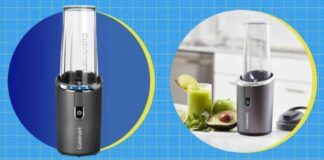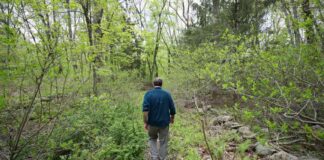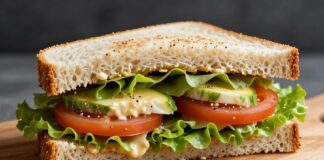Christen Roos, a 37-year-old from Canada, faces challenges in her daily life due to a rare genetic disorder that affects her arms. Makeup has been a particularly frustrating aspect for her, as she struggles with opening traditional makeup packaging. When she discovered Rare Beauty’s accessible packaging, she was amazed by the ease of use and shared her experience on TikTok. This led to a critical conversation around inclusivity in the beauty industry, with others praising Rare Beauty for its thoughtful design features that cater to various disabilities.
Similarly, Mariadeliz Santiago, who has Schinzel syndrome, emphasizes the importance of inclusivity in leisure activities like makeup. She highlights the lack of representation for people with disabilities in the beauty influencer space and hopes that more mainstream brands will follow Rare Beauty’s lead in prioritizing accessibility. Santiago believes that accessibility should not compromise on quality or aesthetic appeal, and that everyone deserves to feel beautiful and included in the beauty industry.
Emily Davison, who is visually impaired, points out the challenges she faces in navigating the beauty industry due to inaccessible product designs. While some companies have made efforts to improve accessibility, there is still a long way to go. Davison advocates for greater involvement of disabled individuals in the design process to ensure that products are inclusive and user-friendly for all.
Terri Bryant, a makeup artist with Parkinson’s disease, founded Guide Beauty to create makeup products with universal design features that cater to a wide range of abilities. She believes that universal design can bridge the gap between able-bodied individuals and those with disabilities, allowing everyone to enjoy makeup together. Bryant hopes that more companies will prioritize inclusivity and consider the needs of all consumers in their product development process.
Makayla Noble, who became paralyzed after a cheerleading accident, finds empowerment and joy in doing her own makeup. She appreciates products like Guide Beauty’s makeup brushes that have made her routine more accessible. Noble emphasizes the importance of independence for individuals with disabilities and how activities like makeup can serve as a source of empowerment and self-expression.
Brittany Wisowaty, a cosmetologist with chronic illnesses, highlights the barriers that people with disabilities face in beauty spaces. She advocates for greater awareness and accessibility in salons and beauty products to ensure that everyone can access and enjoy beauty services. Wisowaty believes that engaging with the beauty industry can be valuable for disabled individuals, providing a sense of refuge and empowerment in a world that often makes them feel different.
Overall, the stories of these individuals underscore the importance of inclusivity and accessibility in the beauty industry. By prioritizing universal design and considering the needs of diverse consumers, companies can create products that cater to a wider audience and promote a more inclusive beauty culture.


















